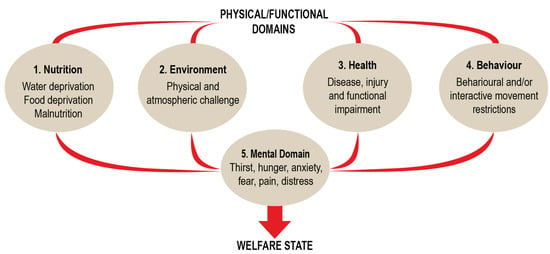Great Reasons On Picking Pet Wellbeing Australia
Wiki Article
What Are The Most Prevalent Medical Conditions For Pets?
The issues that animals face can be different dependent on age, the species and overall health of each animal. Animals may suffer from a variety of medical issues.
Heart Disease - Heart conditions like congestive heart insufficiency can result in decreased the function of the heart, particularly in animals that are older. Hormonal imbalances, such as hypothyroidism or Cushing's disease, can impact animals' general health.
DiabetesIt is a serious condition. Diabetes is a serious illness that can be found in animals. Treatment involves insulin therapy, diet changes and diet adjustments.
Renal Disease (Kidneys)Kidney disease are prevalent among older cats and dogs. They may require dietary adjustments and medical management.
Bladder and Urinary Tract Problems - Conditions such as urinary tract infection, bladder stones and urinary incontinence could affect animals.
Allergies. Animals are susceptible to allergies, such as food allergies and contact allergies as well as environmental allergies. Allergies can cause skin problems and digestive problems.
Behavioral Problems - Behavior issues, such as aggression, anxiety and fear, can affect the well-being of pets and could require intervention from an animal behaviorist or veterinarian.
Wounds and injuries- Accidents, fights, or falls can cause injuries, fractures and soft tissue injuries that require medical attention.It's important to keep in mind that early detection and prevention are crucial to maintaining the health and well-being of animals. A healthy diet, frequent veterinarian visits, vaccinations parasite prevention, and regular checks can help to prevent common medical issues. A vet should be contacted immediately if the animal is showing symptoms of disease. Find the top pet respiratory supplements for site tips.

What Are The Most Effective Supplements, Vitamins, Or Probiotics For Dogs And Cats?
Your dog's requirements along with any recommendations from your veterinarian, will guide your selection of probiotics, supplements, and vitamins. Some dogs can benefit from additional supplements, even though it's important to provide a healthy and healthy diet for your pet. Here are a few supplements that could be beneficial for dogs.
Multivitamins. A high quality dog food must contain all the nutrients, vitamins, and minerals your dog requires. A multivitamin supplement is beneficial for dogs that have restricted diets. Be sure to select a supplement that is specifically designed for dogs as certain vitamins are toxic when taken in excess. Omega-3 Fat Acids - Omega-3 acids like fish oils are able to support the health of your hair and skin as well as reduce inflammation and boost joint health. These supplements are recommended for dogs who have skin problems as well as allergies or arthritis.
Probiotics Probiotics are beneficial bacteria that can support digestive health by ensuring a healthy gut microbiome. Probiotics can help alleviate symptoms of diarrhea or to boost the immune system.
Glucosamine and Chondroitin – These supplements are frequently used to improve joint health and lessen the signs of arthritis specifically for older or large breeds.
It is crucial to speak with your veterinarian before you give any dog food supplements. Your vet can offer specific advice based on the needs of your dog and its conditions. The health of your dog, its size and age can impact the dosage. Too much supplementation could result in damage. It is essential to choose supplements manufactured by reliable manufacturers. Talk to your vet if you notice any strange symptoms or reactions. A well-balanced and veterinarian-recommended diet is typically the best way to meet your dog's nutritional needs, and supplements should only be used when necessary and under professional guidance. Find the Top pet herbal supplements for pregnant cats for website info.

How Common Are Kidney Failure, Skin Allergic Reactions And Yeast Infection In Dogs? What Are The Treatment Options?
Dogs may suffer from allergic skin conditions, kidney failure or yeast infections. The frequency of these conditions is based on the breed, age, and general health. This article will provide a brief overview of these ailments, along with their frequency and possible treatment.
Yeast Infections Prevalence The presence of yeast infections is quite common in dogs, particularly in areas that have skin folds. The infections are more common in breeds like Bulldogs or Shar-Peis, which have skin folds.
Symptoms: Itching, redness and a foul odor are just a few symptoms. Ear infections can cause pain and head shaking.
Treatment: Treatment can include topical antifungal medicines, and oral antifungal drugs. Proper hygiene will help.
It is vital to understand that these conditions could be affecting certain dogs, but not all dogs. The frequency of these conditions varies from individual and breeds. Regular veterinary check-ups and a balanced diet and preventive steps (such as the control of fleas and proper hygiene) can lower the chance of developing these ailments. If you are concerned about a pet's health issues, whether it be yeast irritations or skin allergies your vet is the best source to get an assessment and treatment strategy. Early intervention can improve the quality of your pet's life and help you achieve better results. The best of the top pet herbal supplements for mushing cats for website recommendations.
